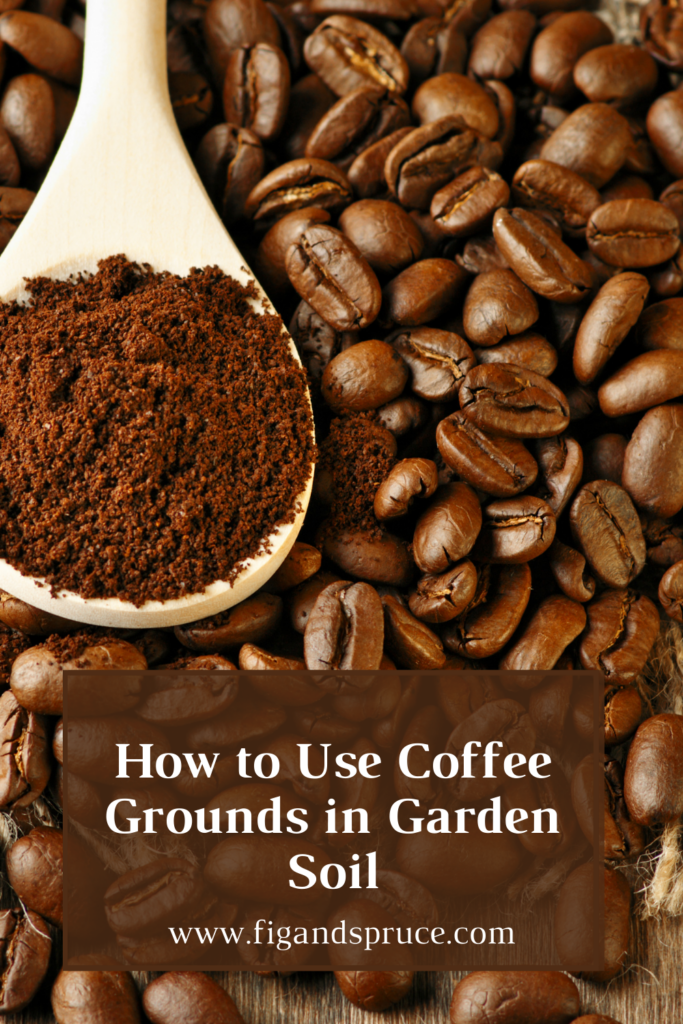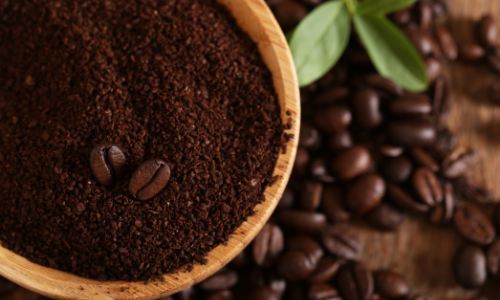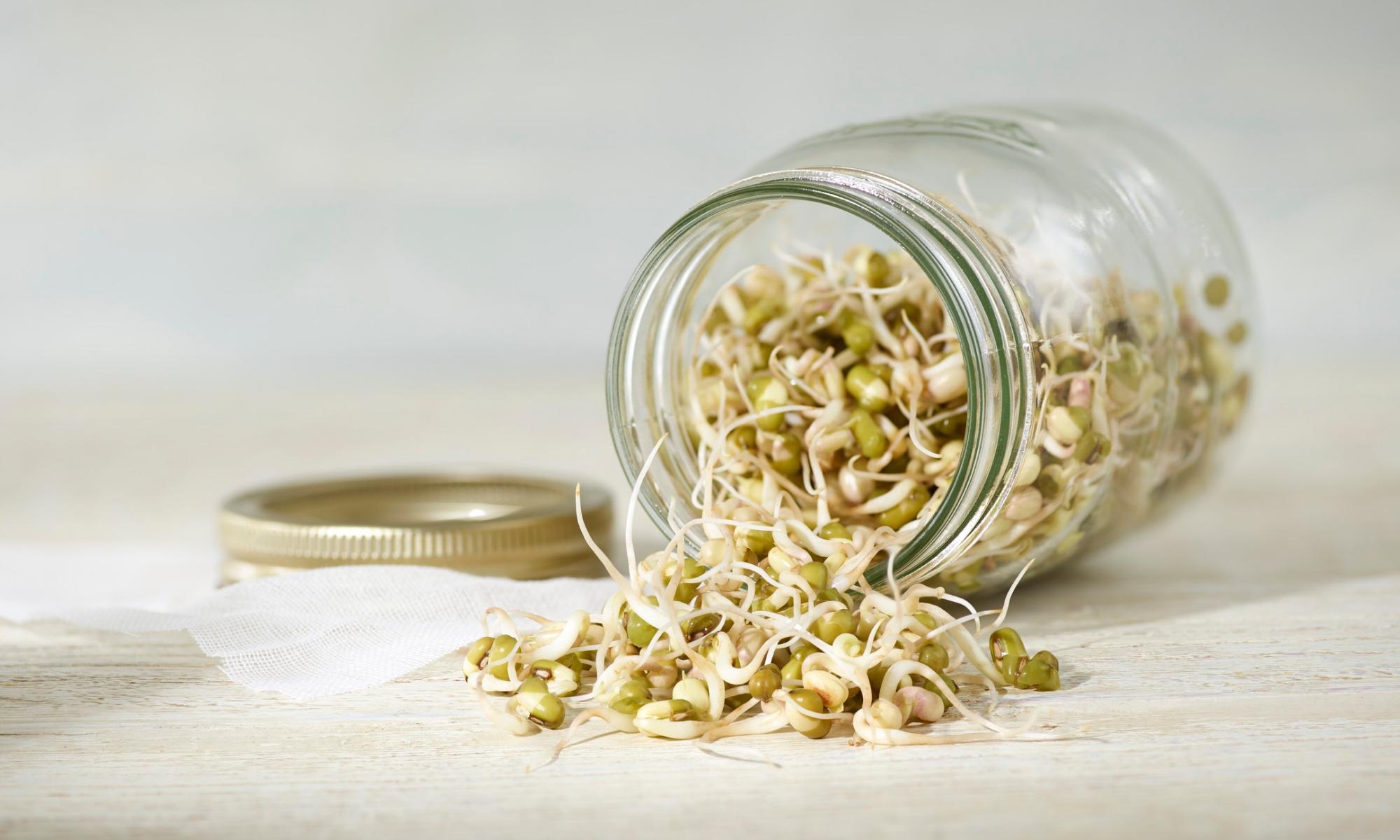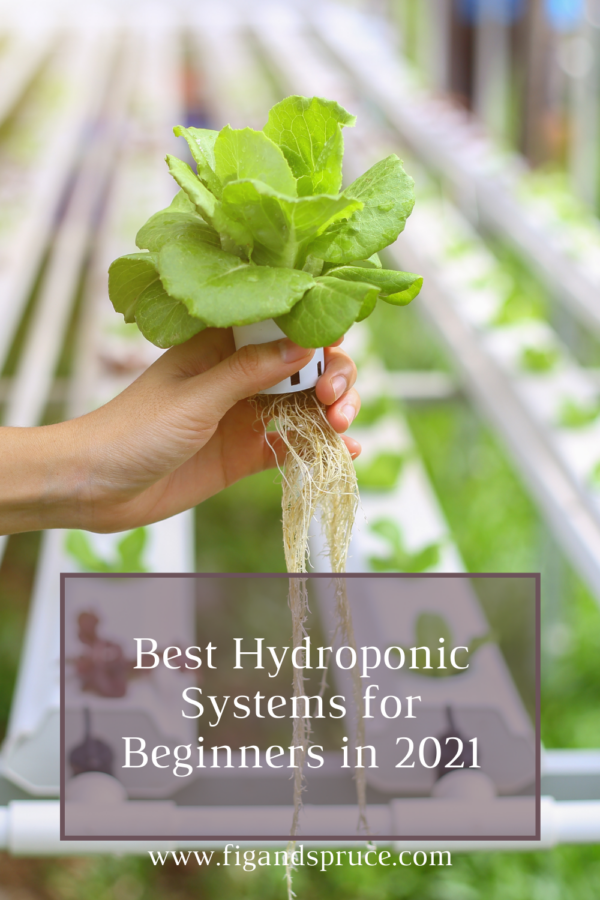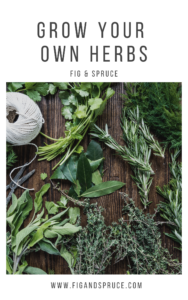Many of our readers regularly drink coffee, and without a doubt have leftover coffee grounds or occasionally some coffee left at the end of the pot.
Don’t throw out either! As it turns out, you can use both coffee grounds, leftover coffee, and even the filters in your garden! Keep reading to learn how to use coffee grounds in garden soil.
Table of Contents
Composting Coffee Grounds
One of the easiest ways of how to use coffee grounds in garden soil is to incorporate it into your composting.
Adding leftover brewed coffee grounds to your compost helps add nitrogen to the mix, as well as other key nutrients like magnesium, calcium, and potassium.
Worms also love coffee grounds, so adding them to a worm bin (if you have one) is also an easy way to incorporate the coffee grounds.
You can also mix your used coffee filters in to your compost (provided you’re not using a reusable one).
Using Coffee Grounds as a Natural Fertilizer
A second way of how to use coffee grounds in garden soil is to use them directly in your garden as a natural fertilizer.
Brewed coffee is very close to neutral, so adding brewed coffee grounds will not drastically change the pH of your garden (keep reading for tips on using fresh coffee grounds).
Benefits:
There’s a lot of benefits to using coffee as a fertilizer in your garden. First, it adds organic material to your soil. Many choose this method over adding a chemical fertilizer to their plants.
Adding coffee grounds will also help improve drainage and aeration in the soil, which can be particularly beneficial for plants that are susceptible to root rot or planted in containers that may not have the best drainage options.
Method 1: Add directly into soil
The first method is also the simplest. You can choose to add coffee grounds directly into your soil either by mixing throughout or placing them on top of the garden soil.
Adding coffee grounds to the top layer can also help deter pests such as snails or slugs. Coffee is naturally abrasive which will help keep these pests away. However, this is not the most effective way to deter these pests so we recommend having a back up plan in case it proves to not completely eliminate your pest issue.
Method 2: Create a Compost Tea
Coffee can have a high caffeine content (shocking, we know). Depending on the plant you’re dealing with they may not love a jolt of caffeine from the grounds.
One alternative is to use decaf grounds. But if those are not something you keep readily on hand there is another solution.
You can brew a compost tea from the coffee grounds (or use any coffee leftover after a brew). To brew the compost tea, you’ll want to place leftover coffee grounds in water for a few hours (or even up to 1 day) to steep some of the nutrients into the liquid. Strain the mixture and then water your plants with the tea.
This will help avoid jolting your plants awake with high caffeine content, and also help penetrate the soil all the way down to the roots of the plant. This is great for potted plants and ground garden plants alike.
Frequently Asked Questions
Decaf vs. Regular
As mentioned earlier, you can use either decaf or regular coffee when using coffee grounds in garden soil.
However, if you’re planning to add coffee grounds directly to soil, decaf can be a good solution if your plants are extra sensitive to caffeine.
Caffeinated coffee can be used either directly in soil or in a compost tea. However sometimes can prove to be a little to jolting to more sensitive plants. Use sparingly at first to determine if you’re plants are up for a cup o’ joe regularly.
Can you use Fresh Coffee Grounds
Brewed coffee grounds are more commonly used in gardening, but you can use fresh coffee as well.
However, unlike brewed coffee, fresh coffee is acidic and can have an effect on plants that don’t like a high pH level.
Before adding fresh coffee, check what level of pH your plant prefers to ensure you don’t create the wrong acidity level in your garden. Some common plants that love acid include: azaleas, carrots, radishes, blueberries, rhododendrons, hydrangeas, and more.
Coffee Grounds and Pets
One additional factor to consider is if you have any pets that might eat things that smell interesting.
Dogs and Cats alike can be intrigued by the smell of coffee. A large amount consumed at once will likely give your pet a stomach ache. If you have pets that might consume coffee grounds, its best to either mix the grounds below the surface level, or create a compost tea to pour over plants instead of applying to the top soil.
Interested in more similar content? Check out our beginner guides for all resources to help you gets started container gardening today!
